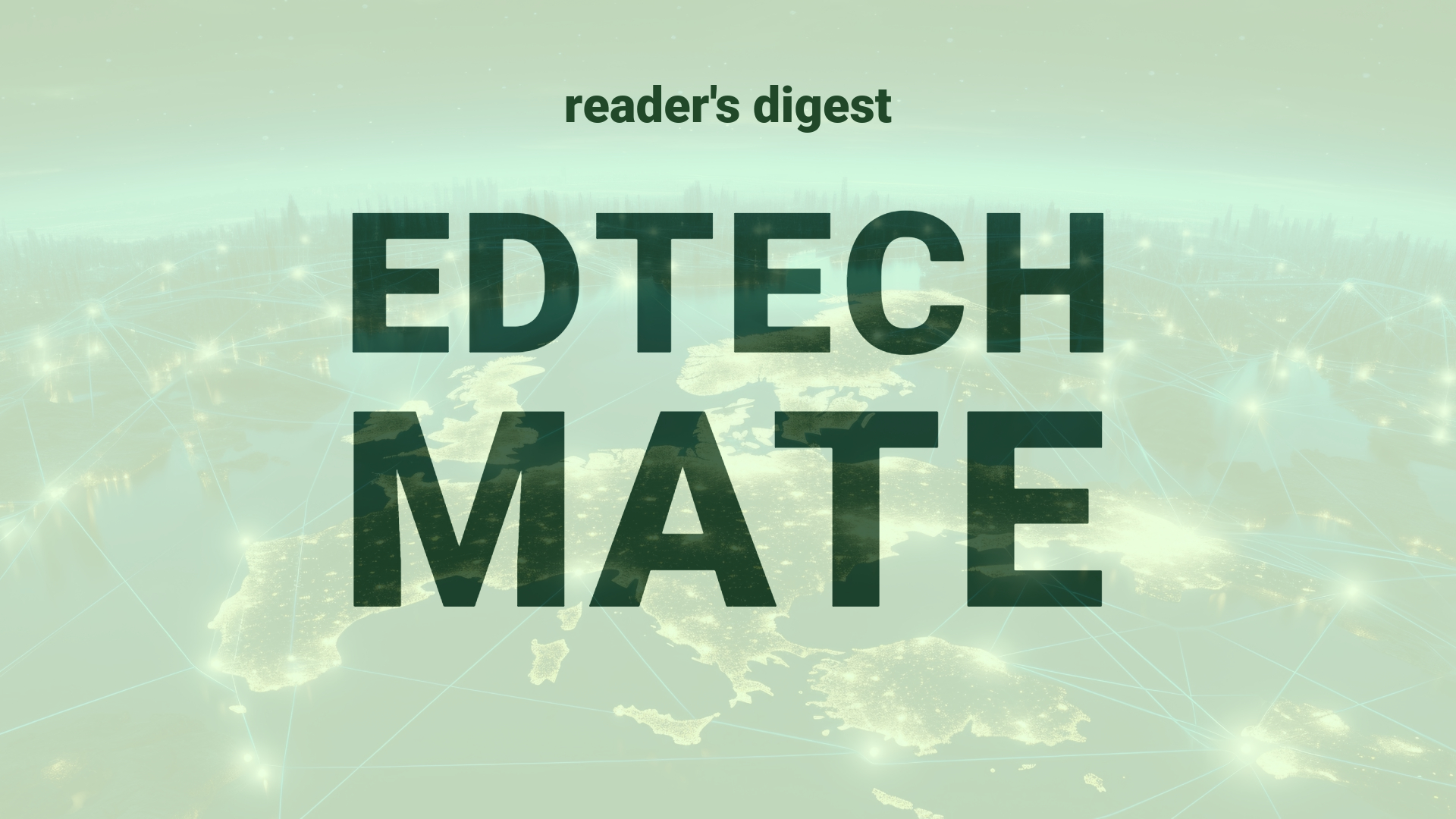“`html
Executive Summary and Main Points
The recent McKinsey Health Institute and World Economic Forum analysis recognizes the significant global economic and health benefits of closing the women’s health gap. Women’s health, extending beyond sexual, reproductive, and maternal health, encompasses conditions that affect women uniquely or disproportionately during their working years. The study emphasizes the broader impact of women’s health on individuals, families, and economies, suggesting that strategic international educational efforts be more inclusive of women’s diverse health needs in their curriculum and research initiatives.
Potential Impact in the Education Sector
In Further Education and Higher Education, addressing the women’s health gap could inspire curricula that are more inclusive of gender differences in health. Courses could integrate this knowledge to develop healthcare professionals who are more sensitive to these disparities. For Micro-credentials, specialized programs focused on women’s health issues could emerge, leading to improved healthcare delivery for women. Strategic partnerships with health institutes and digitalization could greatly enhance research capabilities and accessibility of education on women’s health.
Potential Applicability in the Education Sector
AI and digital tools offer numerous opportunities for tailored applications within global education systems. Educational institutions could leverage AI to analyze health data, improving understanding of women’s health needs. Digital tools can facilitate remote learning and collaboration, enhancing educational offerings related to women’s health. Such applications not only deepen knowledge but also bridge gaps between academia and practice in women’s healthcare.
Criticism and Potential Shortfalls
Focus on women’s health may inadvertently reinforce gender binaries and potentially exclude non-binary or transgender individuals from the narrative. It is crucial to draw from international case studies to prevent ethnocentric biases in the content, ensuring that cultural and ethical implications of health education are thoroughly considered. Additionally, the risk of data privacy concerns must be addressed when handling sensitive health information with AI and digital tools.
Actionable Recommendations
International education leaders could advocate for gender-based health education in academic programs and encourage research into the women’s health gap. Forming partnerships with healthcare organizations and leveraging digital tools such as AI could improve educational content and delivery methods. It is recommended to incorporate ethical considerations and diverse perspectives into the curriculum, aiming to prepare graduates to effectively contribute to closing the health gap for the benefit of women and the wider global economy.
“`
Source article: https://www.mckinsey.com/mhi/our-insights/bridging-the-womens-health-gap-a-country-level-exploration

